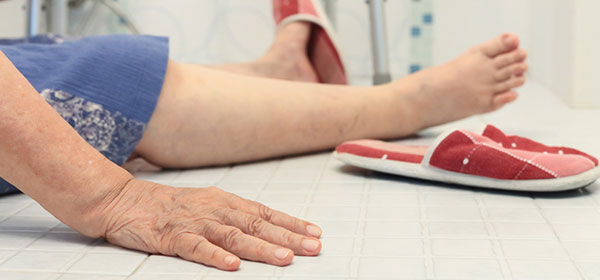The Australian Institute of Health and Welfare’s (AIHW) most recent statistics show that more than 60 per cent of people aged 65 and over who were hospitalised after falling were injured in their own home.
According to the AIHW, in 2013-2014, some 52,600 independent-living, older Australians were admitted for treatment after a tumble compared with 21,600 who lived in an aged-care facility. Another 28,000 were away from their homes when they fell and two-thirds of the total were women.
The sum of falls for this age group was three and a half times greater than for those aged 45 to 64.
As government policy incentivises more older Australians to stay at home and out of nursing facilities, the number of falls they are expected to have will increase.
Depending on your age and health, it could take up to a year to fully recover from a broken hip. And apart from reduced mobility and having to seek help for your day to day chores, the pain that goes with healing is a good enough reason to avoid a nasty fall.
To reduce the risk, walk around your home and do a stocktake of the likely hazards over which you could trip. They will include clutter on the floor, especially around doors, stairs without handrails, loose rugs and slippery bathroom surfaces.
Then consider these seven, simple and cheap modifications to make your home safer to navigate:
- remove clutter and unnecessary furniture so that you have plenty of room to move around
- improve lighting in all rooms
- install handrails in the bathroom, toilet and anywhere else where you have to step up, down, in or out
- have regularly used items within easy reach
- put non-slip strips on steps and the floor of areas that get wet easily
- make sure your shoes or slippers are not too loose
- and keep torches, candles and matches in several places around the home so that if there is a blackout, they are easy to find.
Medical conditions that can also increase the likelihood of a fall include osteoporosis, low blood pressure, poor eyesight, muscle weakness, vertigo and foot afflictions. Even some medications can cause symptoms that make you lose your balance.
Next time you visit your doctor, ask them if you are of a higher risk of falling because of your medical conditions or the pharmaceuticals you take.
Related articles:
Dancing to prevent breaking bones
Osteoporosis: are you at risk
Declutter your home

